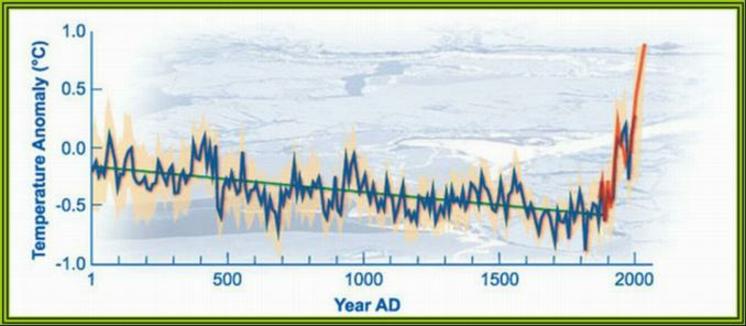By Marlowe Hood, Agence France-Presse February 25, 2010 2:02 PM
PARIS - An iceberg the size of Luxembourg knocked loose from the Antarctic continent earlier this month could disrupt the ocean currents driving weather patterns around the globe, researchers said Thursday.
While the impact would not be felt for decades or longer, a slowdown in the production of colder, dense water could result in less temperate winters in the north Atlantic, they said.
The 2550 square-kilometre block broke off on February 12 or 13 from the Mertz Glacier Tongue, a 160-kilometre spit of floating ice protruding into the Southern Ocean from East Antarctica due south of Melbourne. Some 400 metres thick, the iceberg could fill Sydney Harbour more than 100 times over.
It could also disturb the area's exceptionally rich biodiversity, including a major colony of emperor penguins near Dumont d'Urville, site of a French scientific station, according to the scientists.
"The ice tongue was almost broken already. It was hanging like a loose tooth," said Benoit Legresy, a French glaciologist who has been monitoring the Metz Glacier via satellite images and on the ground for a decade in co-operation with Australian scientists.
The billion-tonne mass was dislodged by another, older iceberg, known as B9B, which split off in 1987. Jammed against the Antarctic continent for more than 20 years, B9B smashed into the Metz tongue like a slow-motion battering ram after it began to drift.
Both natural cycles and manmade climate change contribute to the collapse ice shelves and glaciers. Tide and ocean currents constantly beat against exposed areas, while longer summers and rising temperatures also take a toll. The Metz Glacier Tongue, fitted with GPS beacons and other measurement instruments, could provide crucial insights into how these influences should be apportioned.
"For the first time, we will have a detailed record of the full cycle of a major calving event — before, during and after," one said.
Since breaking off, the iceberg — along with the newly mobile B9B, which is about the same size — have moved into an ajoining area called a ploynya. Distributed across the Southern Ocean, ploynyas are zones that produce dense water, super cold and rich in salt, that sinks to the bottom of the sea and drives the conveyor-belt like circulation around the globe.
If these icebergs move east and run aground, or drift north into warmer climes, they will have no impact on these currents. "But if they stay in this area — which is likely — they could block the production of this dense water, essentially putting a lid on the polynya," Legresy explained. The Metz Glacier Polynya is particularly strong, and accounts for 20 per cent of the "bottom water" in the world, he added.
Eventually, the icebergs will die a natural death, but their lifespan depends on where they go. Adrift, they could melt in a could of decades. If they remain lodged against the Antarctic landmass, they could persist far longer.
The Scientists seem almost gleeful - there have been suppositions for quite some time that a rush of cold, fresh water could upset ocean circulation, perhaps even stop the Gulf Stream, throwing Europe ito a 20 year Ice Age. Finally, they may find out if that's true or not.
Somehow, I think I could do without knowing...
Welcome to By 2100!
This Blog is designed to be a Diary of Events illustrating Global Climate Change, and where it will lead.
Commentary is encouraged, but this Blog is not intended for discussion on the Validity of Climate Change.
Category Labels
- Climate Events (85)
- Climate Solutions (45)
- Videos (42)
- Climate Statistics (39)
- The Deniers (34)
- Humour (15)
- Basic Information (5)
Thursday, February 25, 2010
Subscribe to:
Post Comments (Atom)
www.know-the-number.com
Our Climate is Changing!Please download Flash Player.

As with most of GCC so far, theory becomes observable fact. Yet, we hesitate and ponder and ultimately do nothing. Can anyone say 'cascade effect'?
ReplyDeleteLon, I got your comment in an e-mail.
ReplyDeleteWhy isn't it here?
??? you gotta remember I'm not exactly a computer prodigy. I think that I don't really understand the 'select profile' option. Recently, I couldn't get a comment posted on another article here. I'm sure I'm not doing something right.
ReplyDelete